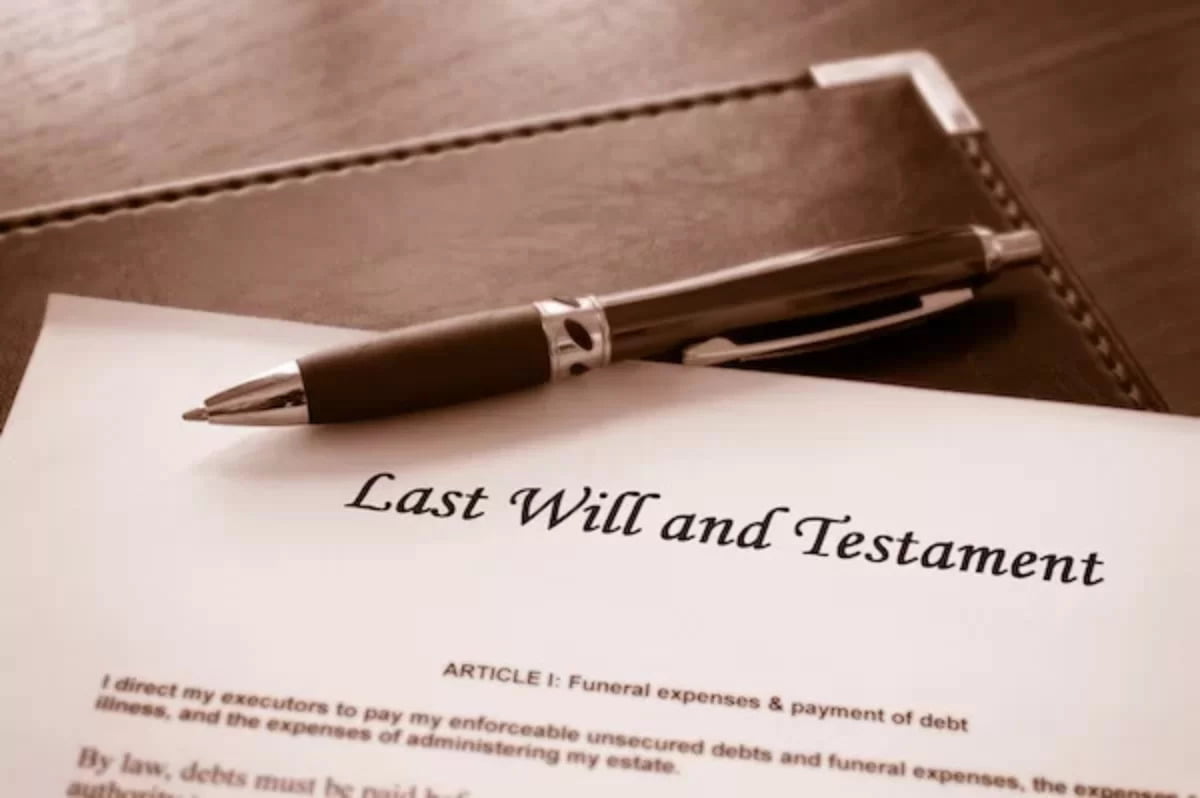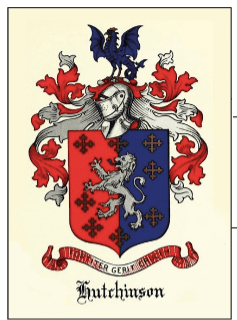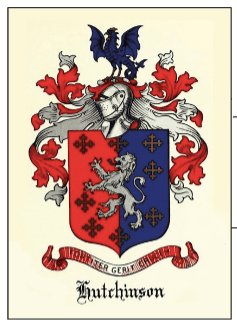Kindly note that the below is general information about what we do and should not be taken as legal advice.

Conveyancing
Conveyancing is the legal process of transferring ownership of a property from one person or entity (the seller or “transferor”) to another (the buyer or “transferee”). It involves various steps and legal documents that must be completed to ensure that the transfer is legally binding and properly recorded.
As such, conveyancing can be a complex process, and it's important to have a qualified and experienced conveyancer to guide you through the process and ensure that everything is done correctly.
Hutchinson Attorneys can help navigate this complex process from the start, from the receipt and review of the sale agreement, all the way to the finish at registration of the transfer in the Deed Office.
Our main service is on transfer of property: the legal process of transferring ownership of a property from one person or entity to another. This can occur through various means, such as sale, inheritance, donation, or court order.
The transfer process typically involves the following steps:
Sale Agreement: most transfers are the result of a sale, where the buyer and seller will have agreed on the terms of the sale, such as the purchase price and which attorney firm will conduct the transfer. Often the negotiation of the purchase price, and the drafting and signing of the agreement will be facilitated by an estate agent instructed by the seller.
Conducting of searches, drafting and signing of transfer documents- this is where Hutchinson Attorneys will come in:
- If the buyer and seller have agreed to instruct us, then the sale agreement will be sent to us (usually by the estate agent).
- We then request legal information about the property from the Deeds Office. We will also attend to the drafting of the transfer document.
- These will include the new title deed (“deed of transfer”), power of attorney, and other relevant documents for the Deeds Office.
- The buyer and seller will then need to sign the transfer documents with us once the documents are ready.
Obtaining of certificates: by law the Deeds Office cannot register the change of ownership until the South African Revenue Service (SARS) has issued a receipt stating that transfer duty has been paid (“Transfer Duty Receipt”) and the local municipality has issued a certificate stating that rates due for the property have been paid three months in advance (“Rate Clearance Certificate” or “RCC”).
- Transfer duty is a national tax payable on the sale of property, and the amount varies depending on the value of the property. Some transfers will be exempt from transfer duty (often if they are below a certain amount or if the property is being inherited) but SARS will still have to issue an exemption receipt to that effect.
- Rates are a local tax calculated on the value of the property and payable to the local municipality. The municipality will also include charges for services (lights, water, refuse) provided to the property.We will apply for the RCC but regrettably, this is where most of the delay in a transfer can occur since it can sometimes take the local municipality up to three months to process and issue the RCC.
- Levies are charges for services by the body corporate for a sectional title property (such as an apartment in a block of flats). If the property is a sectional title, then we will have to apply to the body corporate (or the managing agent if there is one) for a certificate stating that levies due for the property have been paid in advance for the property (“Levy Clearance Certificate” or “LCC”). Not all transfers will require LCC since not all properties are sectional title property. We will know if the property is a sectional title from the sale agreement or from our property searches.
- Electrical, entomologist, gas and electrical fence certificates will often have to be provided by the seller (with electrical and entomologist certificates being the most common) as a term of the sale agreement. These certificates are obtained from a qualified professional (such as an electrician). They are not provided to the Deeds Office but often the lending bank will require copies.
Registration of the transfer: the transfer documents must be lodged and registered at the Deeds Office. This involves submitting the documents to be checked by the Deeds Office and paying the necessary registration fees.
- Sometimes it can take up to three months to get to this stage but once the transfer documents have been lodged in the Deeds Office it will only take between 10-15 days to register.
- The transfer process can be complex and time-consuming, so it is essential to have a qualified conveyancer guide you through the process and ensure that everything is done correctly.

Notarial Services
Notarial services refer to a range of legal services provided by a notary public. A notary is a specialist legal practitioner who has undertaken additional exams and training to perform various legal functions such as preparing specialist legal documents, witnessing signatures, and verifying documents. Notarial services are important because they help to ensure the authenticity and validity of legal documents. Notaries public play an essential role in preventing fraud and protecting the interests of individuals and businesses in various legal transactions.
Notarial services that we can assist with include:
Antenuptial Contracts: a legal agreement that is entered into by two individuals before they get married. The purpose of an antenuptial contract is to determine the distribution of assets and liabilities in the event of a divorce or the death of one spouse by ensuring that both individuals are married out of the community of property and determining if the accrual system will apply to their marriage.
Certifications: a notary can certify that a copy of a document is a true and accurate copy of the original. Many government bodies and private organisations overseas will only accept documents that have been certified by a notary.
Authentications: a notary can acknowledge the signing of a legal document. This involves verifying the identity of the signer, ensuring that they are signing the document voluntarily, and confirming that they understand the contents of the document.
Increasingly, due to the risk of fraud, certain public bodies in South Africa will only accept documents certified by a notary. One example is the Health Professions Council which our notary can assist health professionals in supplying evidence of their professional qualifications.
Apostille: a special type of authentication that is used to verify the authenticity of a public document, such as a birth certificate, marriage certificate, or diploma, for use in another country. The word “Apostille” refers to the certificate that is issued by a designated government authority, which verifies that the public document is genuine and has been issued by a competent authority.
Turn-around times for an Apostille can often be done on the same day but please allow 2-5 days total depending on how quickly you can meet with our notary to certify the original public document. The process of obtaining an Apostille varies depending on the country where the document was issued. In South Africa, the Registrar of the High Court will issue an Apostille provided that the public document has been certified by a notary public. We can assist with the preparation of the Apostille and delivery to the High Court in Durban for signature.

Wills, Trusts and Estates
Wills, trusts and estates are legal terms that refer to the transfer of assets and property after a person dies.
- A will is a legal document that specifies how a person's assets will be distributed after their death. It allows the individual to name an executor, who is responsible for managing the estate and ensuring that the terms of the will are carried out. A will can also be used to name guardians for minor children and specify other wishes, such as funeral arrangements.
- Due to our extensive experience administering estates, we are well positioned to ensure that your will meets the necessary requirements to be legally valid and ensure those important to you will receive their inheritance with the minimum of fuss.
- A trust is a legal arrangement where a person (the "founder or settlor") transfers property to another person (the “trustee”) to manage for the benefit of one or more third parties (the “beneficiaries”). The terms of the trust are specified in a legal document called a trust instrument which will specify the powers that the trustees have in order to manage the property given to trustees by the founder. We can assist with the drafting of a trust instrument that will suit your needs such as to provide for minor children, protect assets from creditors, or assist in estate planning.
Estates refer to the assets and liabilities of a person after their death. The process of administering an estate involves identifying and valuing the assets, paying any outstanding debts and taxes, and distributing the remaining assets to the beneficiaries named in the will, or, according to the law of intestate succession if there is no will. In South Africa, an estate must be reported to the Master of the High Court and many requirements laid down by law must be followed
- These requirements will include the advertising of the estate in the Government Gazette and a local newspaper and the drafting of a legal document (“Liquidation and Distribution Account” or "L&D" for short) summarising the financial position of the estate. The administration of an estate can take around 12-18 months from start to finish. Hutchinson Attorneys can assist with the reporting of the estate to the Master and ensuring that all the legal processes required by law are met

